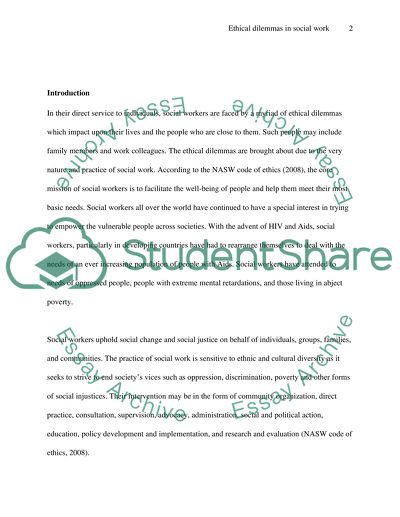Cite this document
(Ethical Dilemmas in Social Work Coursework Example | Topics and Well Written Essays - 2505 words, n.d.)
Ethical Dilemmas in Social Work Coursework Example | Topics and Well Written Essays - 2505 words. Retrieved from https://studentshare.org/human-resources/1516454-ethical-dilemmas-in-social-work
Ethical Dilemmas in Social Work Coursework Example | Topics and Well Written Essays - 2505 words. Retrieved from https://studentshare.org/human-resources/1516454-ethical-dilemmas-in-social-work
(Ethical Dilemmas in Social Work Coursework Example | Topics and Well Written Essays - 2505 Words)
Ethical Dilemmas in Social Work Coursework Example | Topics and Well Written Essays - 2505 Words. https://studentshare.org/human-resources/1516454-ethical-dilemmas-in-social-work.
Ethical Dilemmas in Social Work Coursework Example | Topics and Well Written Essays - 2505 Words. https://studentshare.org/human-resources/1516454-ethical-dilemmas-in-social-work.
“Ethical Dilemmas in Social Work Coursework Example | Topics and Well Written Essays - 2505 Words”, n.d. https://studentshare.org/human-resources/1516454-ethical-dilemmas-in-social-work.


